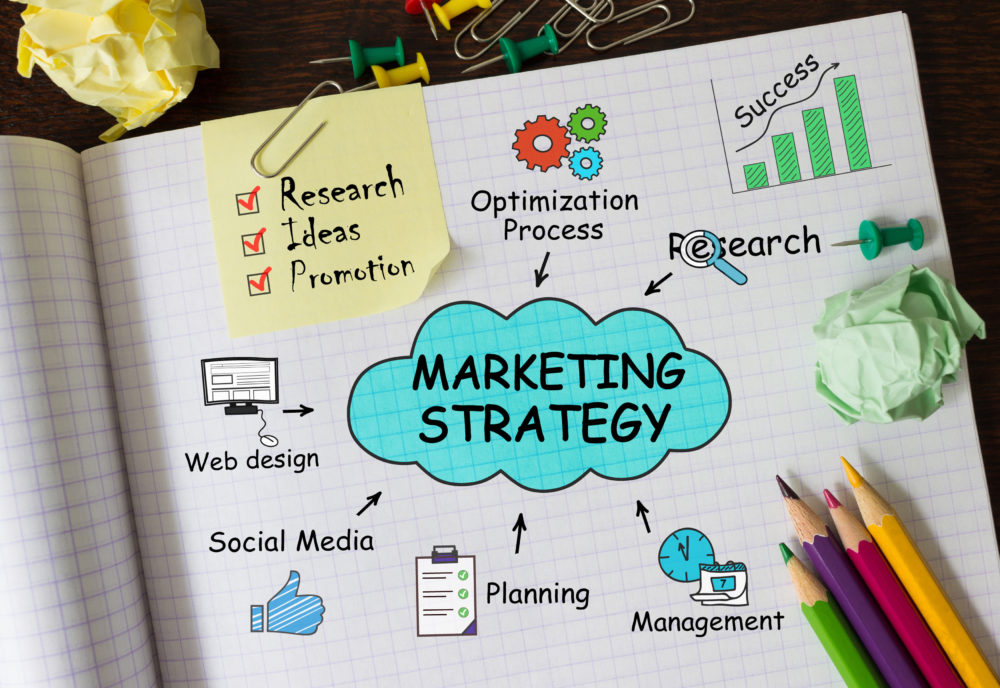A recent study identified less than half of all trade marketing solutions fail to increase demand with supply chain partners; resulting in many businesses scrapping the strategies altogether. However, avoiding trade marketing can be causing more harm than expected. In this article we will cover how a stronger integration with your supplier can result in increased sales.
Why is it important?
Before going any further, it is vital to recognise how suppliers can impact your business. Too many companies rely on a trade strategy that involves hiring salespeople to run around attempting to sell a product or service to any customer that is willing to listen. Often, problems with suppliers derive through an inability to maintain a strong working relationship; a necessity for all companies; whether product or service orientated.
Here are some reasons why an efficient relationship can benefit your business:
Reliable finance and reduced costs
Once recognised as a loyal customer, the likeliness of your supplier providing additional financing is higher; which can be vital in certain situations, for example hitting growth mode or running into a cash crunch, preventing you from operating as normal. This extra funding could be supplied in various forms, such as extended terms on new purchases, a loan, postponed debt or an investment; all of which will improve your financial position.
For practically all businesses, the initial start-up costs are marginal. By concentrating on establishing a strong relationship from the beginning, both parties will actively look to avoid unnecessary expenditures which could arise from re-negotiating and re-tendering. Increased interaction will lead to less incidences of poor performance and therefore a reduction in the need to invest in fixing errors.
Maintaining standards
Suppliers can positively affect the quality of your product/service. Better quality increases customer satisfaction and therefore returns, saving finance in the long run. Additionally, enhanced quality could result in repeat purchase and even customer loyalty.
For example, prompt deliveries are crucial for measuring a business’ reliability; customers won’t purchase if their orders are constantly delayed. Suppliers can help prevent the risk stock obsolescence and therefore less disappointed customers.
Innovation
Suppliers are constantly working on their products; meaning they have stronger understanding; remember, they are at the heart of the product. Respectable suppliers will appreciate your industry’s needs and will assist in developing your new idea.
Well-maintained communication can lead to developments in products, new processes and procedures. Also, an active approach ensures contractual performance is met; meaning buyers can ensure suppliers continue to improve methods which provide the most considerable enhancements.
Stronger efficiency to beat competitors
All businesses have competitors, and having suppliers can provide an edge over competitors in terms of price, quality and reliability. They can also assist with technological breakthroughs and stronger knowledge of industry trends, allowing your business to adapt before competitors do. The longer a supplier provides a customer, the better understanding of the customer’s market and the business’ process.
Remember, although the development of an efficient relationship is key, it doesn’t mean you have to roll over and give into demands; it’s fine to be a demanding customer, but remember to be fair. State your quality and time needs clearly, ensuring you’re holding your suppliers to their agreements. You’ll also have to play your part too. Below are some tips for becoming a valued customer.
Prompt payments
After your payment terms have been negotiated, do not attempt to alter the rules once an order has been made under any circumstances. Wholesale distributors work on very thin margins, so playing games with will only decrease their trust in you and likelihood of abandoning the deal. Some even track payment history in their customer relationship management (CRM) and rate businesses on how efficiently they pay. Contact your supplier in advance if a delay in payment is foreseen to keep them informed.
Set clear, achievable goals
It is beneficial for wholesalers to know the total estimated product sales the retailer expects within a certain period so they can generate feedback to the distributors; this will help develop a stronger relationship and help maintain organisation.
Understand they have other customers
A common mistake is assuming suppliers work solely for you when in actuality they could be serving your business and your competitors, for small to medium retailers have a lot of competitors. Patience is key; make them favourable towards your business by understanding they’ll be busy from time-to-time.
Providing suppliers with unrealistic lead times for orders will instantly tarnish your relationship, offer an honest projection of your requirements and keep them updated with any significant changes. You don’t own the supplier!
Consider their requirements
Since suppliers often have multiple customers, it his helpful to learn what they require from you. Some will require specific documentation, for example companies like Signature Books which offers a wide range of different services could require specific documents for each, and for example a larger manufacturer selling directly might require a retailer to place an order electronically via the electronic data interchange (EDU) format. Providing suppliers with compulsory information beforehand might speed up the order process; meaning it could be shipped sooner.
What should you ask for?
If you’re doing all of the above, great! You’re bound to be developing quite the relationship. However, how can the supplier get the most out of their retail partners? Here’s how:
1. Pricing
Encourage the retailer not to reduce the price unless the product is exclusive. If they do want to lower a price, let them take it from their own margin. Asking for a lower cost price is usually a sign they want to decrease the street price regardless of whether they need extra margin.
2. Store staff
Developing the employee’s knowledge of your product will inevitably increase sales. Organise some physical training or create a written training pack to improve this. Take advantage if a business offers sales incentives to individual staff members; however, this can be expensive because retailers produce a profit from it, so creating your own incentive might be more appropriate.
3. Advertising
Paying for advertising is commonplace, so check the rates beforehand, for retailers receive the best advertising rates and might increase them to make margin. If you notice this, cover advertising yourself as ultimately it’ll be cheaper.
4. Returns
The majority of retailers will return products they’ve been unable to sell or have been returned by customers, so make sure you reach an agreement prior. It can be difficult to protect your business from these requests, but a wholesaler might be able to handle returns for a small fee.
5. Detailing
Getting the final sign-off for all marketing material (web content, catalogue mentions, staff training), point of sale and for your product from the retailer. This can be insisted upon if you give the impression you will disapprove of any falsification of your product to consumers. When checking the material, ensure it has your three top unique selling propositions to determine whether they have included incorrect tech specs (which is often the case).





